"Agreement good, EULEX role still unclear"
The EULEX chief says that the agreement between Belgrade and Priština about integrated control of administrative line crossings was "good for both sides".
Friday, 09.12.2011.
13:43

The EULEX chief says that the agreement between Belgrade and Pristina about integrated control of administrative line crossings was "good for both sides". Speaking on Thursday, Xavier Bout de Marnhac added that it was "still not certain what role EULEX will have at the crossings - an active or observer one". "Agreement good, EULEX role still unclear" The agreement is based on the best European standards, which is also a way to promote the European approach in that area, Marnhac told Tanjug. The EULEX chief, who met Serbian President Boris Tadic in Belgrade on Wednesday, said it was too early to speak about the precise role EULEX will have in customs operations at the crossings. Head of the Belgrade team Borislav Stefanovic, meanwhile, is saying that EULEX will have an executive role, while the Kosovo Albanian chief negotiator Edita Tahiri has stated that the mission's members at the checkpoints "will only observe". It is still to early to say what anyone's role will be, de Marnhac noted. "Right now, a working group needs to be formed and a protocol prepared to define the agreement's implementation," he explained. He denied that EULEX overstepped its mandate during the crisis in Kosovo by transporting Pristina's customs officers to the Jarinje and Brnjak crossings - which was the reason for the local Serbs to put up barricades and prevent EULEX from moving freely in the north. But according to Tanjug news agency, Marnhac explained that "he had done what was asked of him, that he was a link in a chain of command and followed instructions". He called on the Serbs in northern Kosovo to clear the roadblocks completely, adding that he had spoken about the issue with Tadic. Commenting on statements by Serb officials from northern Kosovo that the Serbs did not trust EULEX, Marnhac said he "did not think cooperation had not been established". He remarked that he "knew the people in the north" and that they knew him as well, adding that they had talked many times, but that sometimes it was impossible for him to establish dialogue. Freedom of movement is crucial for normal relations, which is something that existed once between the Serbs and EULEX, Marnhac concluded. Also on Thursday, EU foreign policy chief Catherine Ashton on Thursday in Brussels called for the deal "on integrated management of the border between Serbia and Kosovo" to be implemented immediately. Speaking after her meeting with Kosovo Albanian Prime Minister Hashim Thaci, she expressed her strong support for the agreement.
"Agreement good, EULEX role still unclear"
The agreement is based on the best European standards, which is also a way to promote the European approach in that area, Marnhac told Tanjug.The EULEX chief, who met Serbian President Boris Tadić in Belgrade on Wednesday, said it was too early to speak about the precise role EULEX will have in customs operations at the crossings.
Head of the Belgrade team Borislav Stefanović, meanwhile, is saying that EULEX will have an executive role, while the Kosovo Albanian chief negotiator Edita Tahiri has stated that the mission's members at the checkpoints "will only observe".
It is still to early to say what anyone's role will be, de Marnhac noted. "Right now, a working group needs to be formed and a protocol prepared to define the agreement's implementation," he explained.
He denied that EULEX overstepped its mandate during the crisis in Kosovo by transporting Priština's customs officers to the Jarinje and Brnjak crossings - which was the reason for the local Serbs to put up barricades and prevent EULEX from moving freely in the north.
But according to Tanjug news agency, Marnhac explained that "he had done what was asked of him, that he was a link in a chain of command and followed instructions".
He called on the Serbs in northern Kosovo to clear the roadblocks completely, adding that he had spoken about the issue with Tadić.
Commenting on statements by Serb officials from northern Kosovo that the Serbs did not trust EULEX, Marnhac said he "did not think cooperation had not been established".
He remarked that he "knew the people in the north" and that they knew him as well, adding that they had talked many times, but that sometimes it was impossible for him to establish dialogue.
Freedom of movement is crucial for normal relations, which is something that existed once between the Serbs and EULEX, Marnhac concluded.
Also on Thursday, EU foreign policy chief Catherine Ashton on Thursday in Brussels called for the deal "on integrated management of the border between Serbia and Kosovo" to be implemented immediately.
Speaking after her meeting with Kosovo Albanian Prime Minister Hashim Thaci, she expressed her strong support for the agreement.










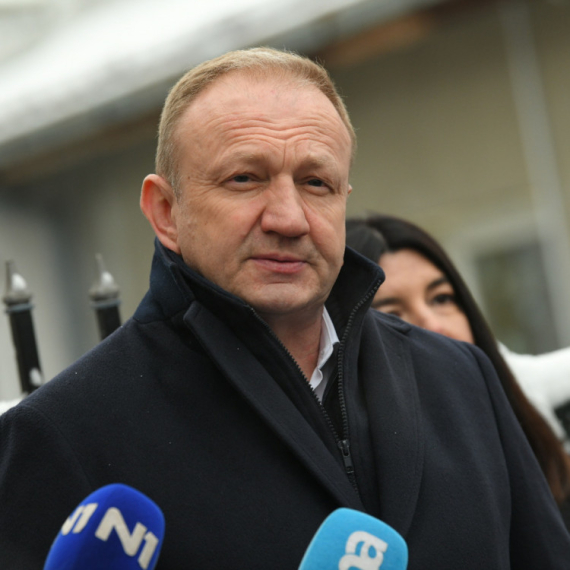
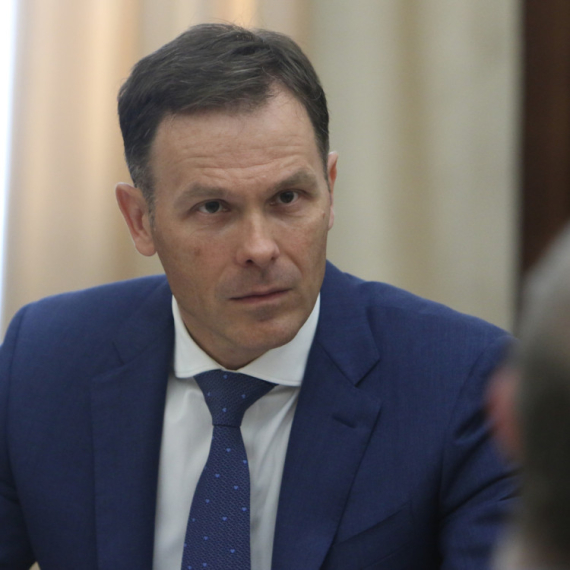


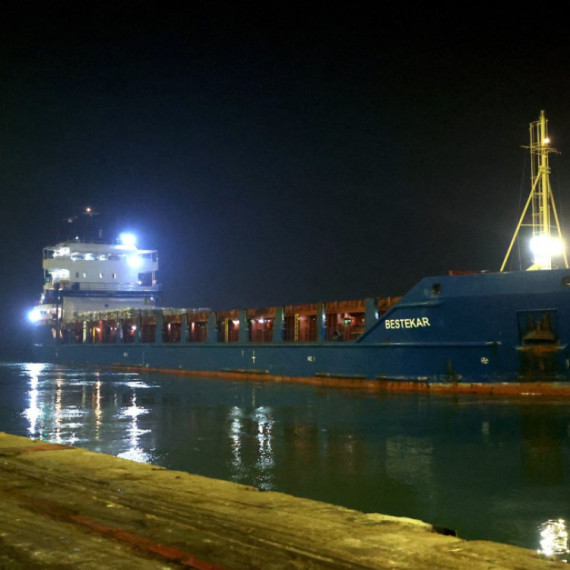
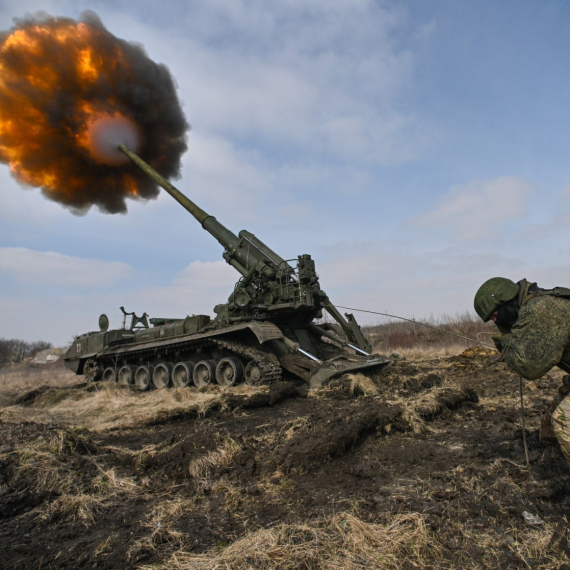


























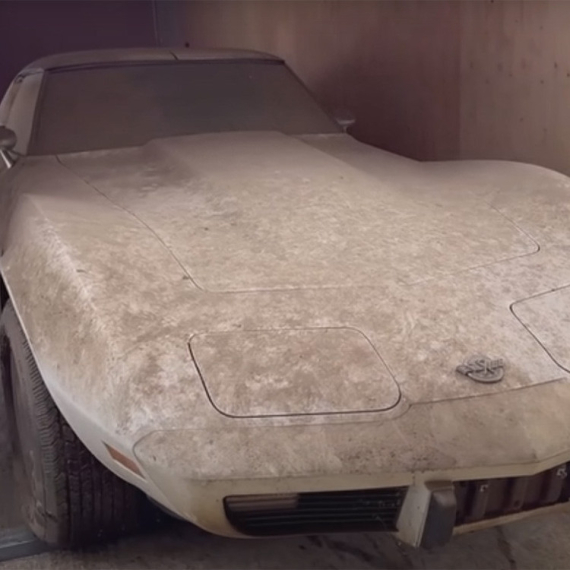









Komentari 6
Pogledaj komentare